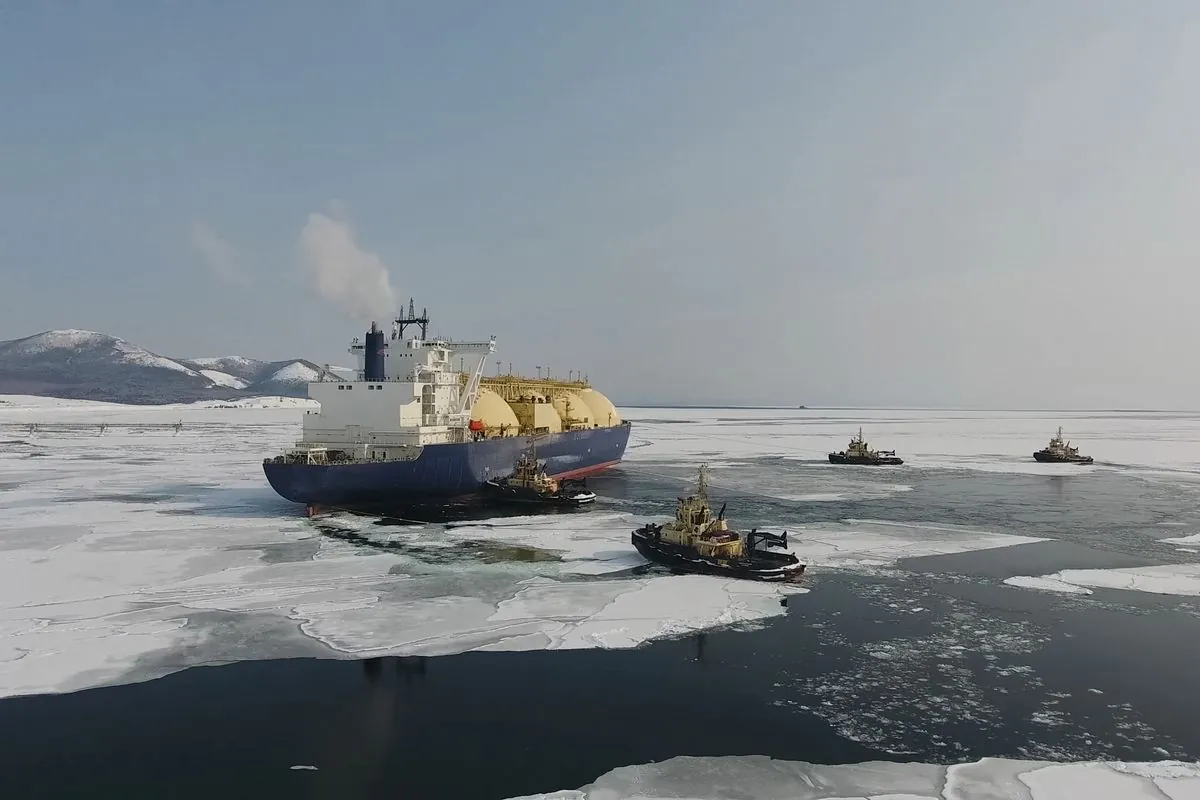The Arctic, once a realm of relative harmony, is rapidly becoming a focal point of international tension. As climate change reshapes this unique environment, the region is experiencing a convergence of strategic interests that threaten to disrupt its delicate balance.
For nearly two decades, the Arctic has been viewed as a potential flashpoint for great-power competition. However, Russia's full-scale invasion of Ukraine in February 2022 has significantly heightened concerns about stability in the High North. The Arctic Ocean, the smallest and shallowest of the world's five oceans, is now at the center of a complex geopolitical chess game.
NATO's northward expansion has been met with a corresponding increase in Russian military presence in the region. This escalation has led to what experts describe as a "superheated" atmosphere of predictions regarding potential conflicts. The situation is further complicated by deepening Sino-Russian cooperation in Arctic affairs.
Climate change is playing a crucial role in this evolving scenario. The Arctic is warming at a rate four times faster than the global average, a phenomenon known as "polar amplification." This rapid warming is causing significant environmental changes, including the shrinking of sea ice, which is opening up new shipping routes and access to previously inaccessible resources.
The strategic importance of the Arctic cannot be overstated. The region contains vast oil and natural gas reserves, estimated at 13% of the world's undiscovered oil and 30% of its undiscovered natural gas. The Northwest Passage, a sea route connecting the Atlantic and Pacific Oceans, has the potential to revolutionize global shipping. The Northern Sea Route along Russia's Arctic coast could reduce shipping times between Europe and Asia by up to 40%.
These developments have not gone unnoticed by global powers. The Arctic Council, established in 1996 as the leading intergovernmental forum for Arctic cooperation, now faces unprecedented challenges in maintaining regional stability.
"The Arctic is no longer a remote, peaceful region. It has become a theater of strategic competition that requires our utmost attention and preparedness."
The militarization of the Arctic is evident in recent developments. Finland, now hosting the closest base to mainland Russia accessible to U.S. troops, has been dubbed NATO's "Arctic Sparta." This shift in the regional balance of power has led to increased military exercises and deployments by both NATO and Russian forces.
However, the Arctic's future is not solely defined by military considerations. The region is home to unique wildlife and indigenous peoples whose cultures have adapted to the harsh environment over thousands of years. The melting of permafrost is releasing large amounts of methane, a potent greenhouse gas, further accelerating global climate change.
As the international community grapples with these complex issues, it is clear that the Arctic's fate will have far-reaching consequences. The delicate interplay of climate change, resource exploitation, and geopolitical maneuvering will shape not only the region's future but also global security and environmental dynamics for decades to come.
